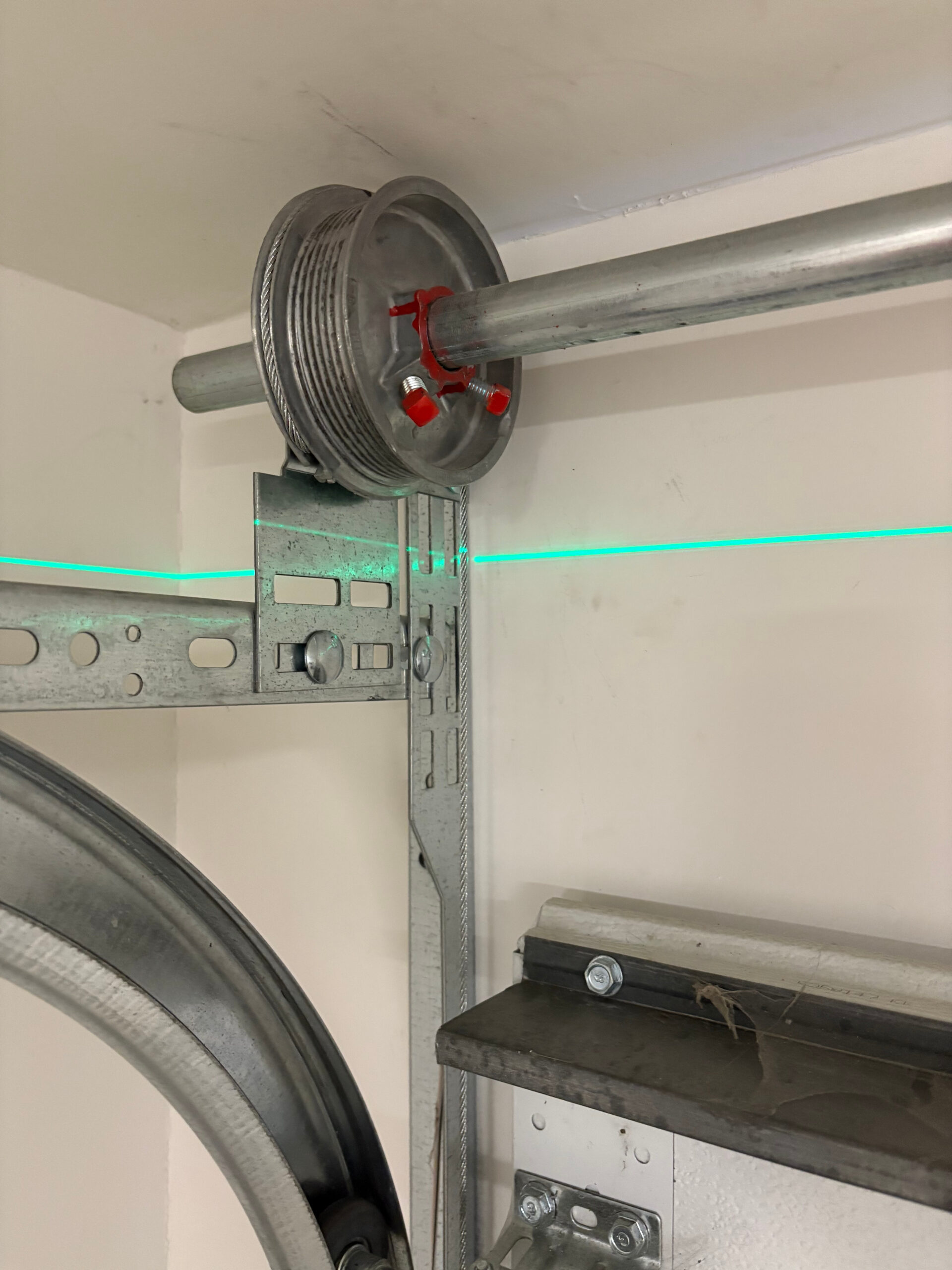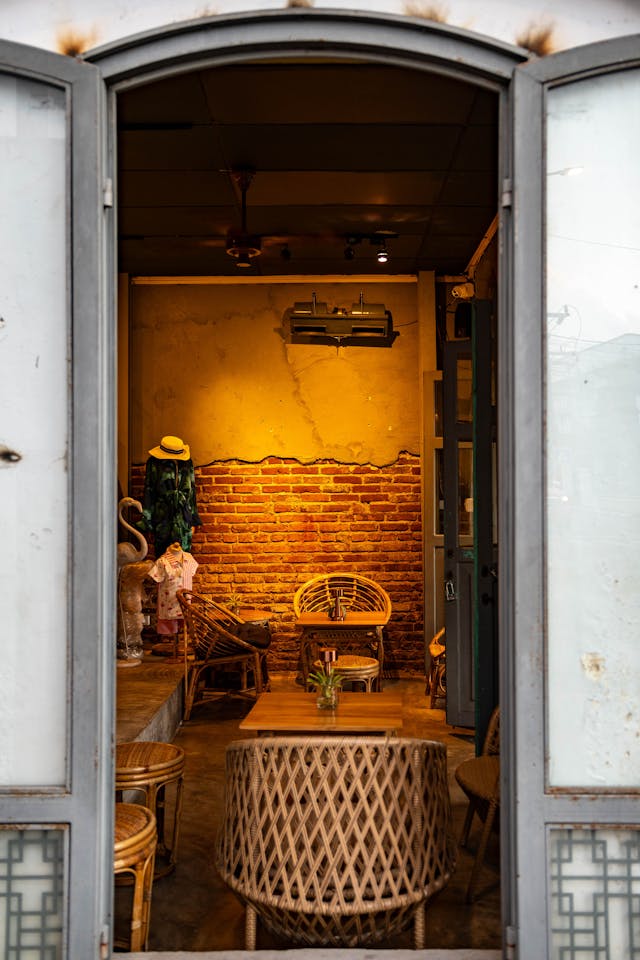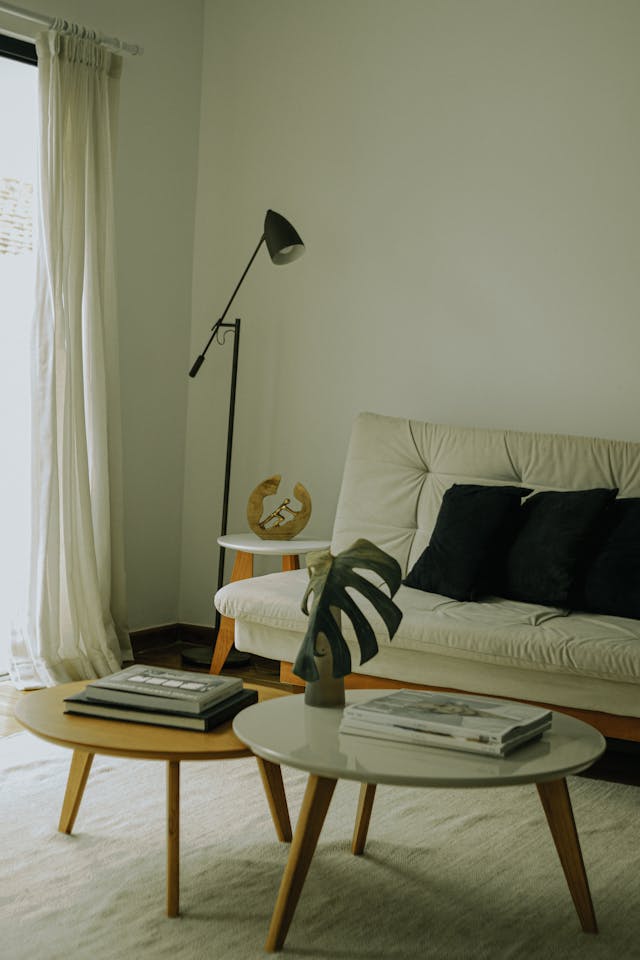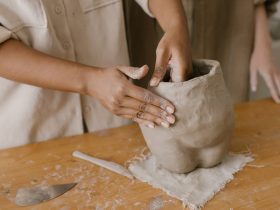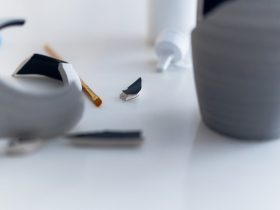Home improvement projects don’t have to be intimidating. With clear instructions and a bit of creativity, you can tackle a variety of tasks to enhance your home’s functionality and style. Whether you’re a seasoned DIY enthusiast or just starting out, these step-by-step tutorials will guide you through some exciting home improvement projects.
Build a Custom Floating Shelf
Floating shelves are a versatile addition to any room, offering both storage and decorative potential. Here’s how to make your own:
- Gather Materials: You’ll need a wooden board, wall brackets, screws, a drill, sandpaper, and paint or stain.
- Cut and Sand the Board: Cut the board to your desired length and smooth the edges with sandpaper.
- Finish the Wood: Paint or stain the board to match your décor, and allow it to dry.
- Install Brackets: Use a level to mark where the brackets will go, then drill them into the wall.
- Attach the Shelf: Secure the board to the brackets with screws, and decorate your new shelf with books, plants, or artwork.
Refresh Cabinets with a New Finish
Transform outdated kitchen or bathroom cabinets with a fresh coat of paint:
- Remove Doors and Hardware: Take off cabinet doors, drawers, and hardware, and clean them thoroughly to remove grease and dirt.
- Sand the Surface: Lightly sand the cabinets to create a smooth surface for the paint to adhere to.
- Prime and Paint: Apply a primer, let it dry, then follow with two coats of paint in your chosen color.
- Reassemble Cabinets: Once dry, reattach the hardware and doors for a refreshed look.
Create a Chalkboard Wall
A chalkboard wall adds both functionality and charm to kitchens, home offices, or kids’ rooms:
- Choose a Wall: Pick a space that gets plenty of light and is easy to access.
- Prepare the Surface: Clean the wall and tape off the edges to protect surrounding areas.
- Apply Chalkboard Paint: Use a roller to apply two coats of chalkboard paint, allowing each coat to dry fully.
- Condition the Surface: Once dry, rub a piece of chalk over the entire surface and wipe it off. This prevents ghosting when you erase.


